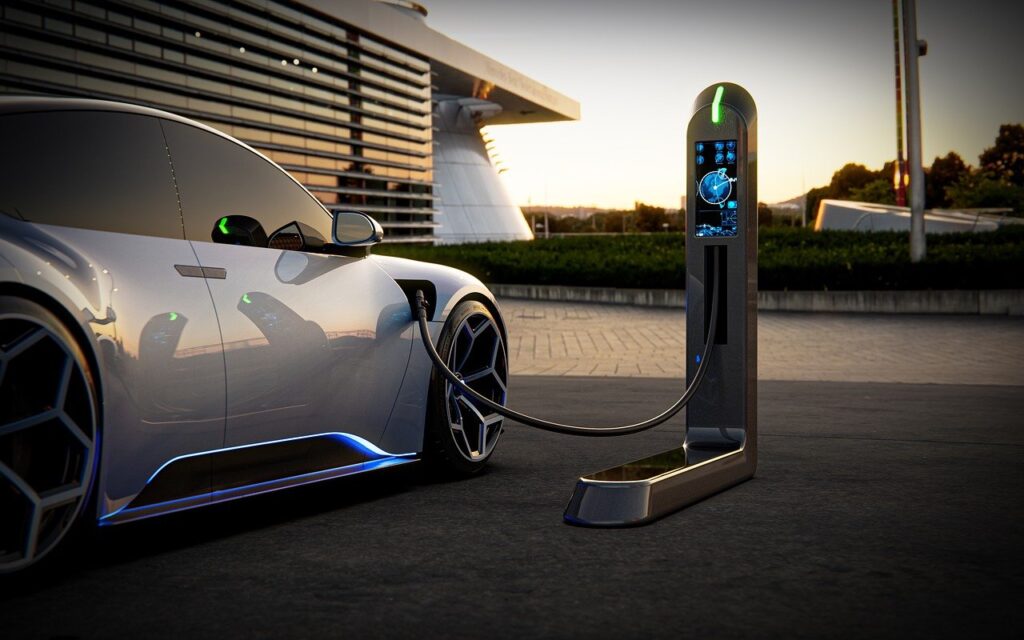The once-promising future of electric vehicles (EVs) in Australia has recently taken a hit, as sales have shown a significant downturn, with some models like Tesla experiencing nearly a 50% drop in sales. This shift in the market is driven by several key factors, ranging from the end of government incentives to public misconceptions surrounding EVs. For many, this decline is reminiscent of the historical failure of the Leyland P76 sedan, a vehicle that failed to capture the Australian public’s interest back in the 1970s.

End of Government Incentives
One of the most significant factors contributing to the decline in EV sales is the expiration of government incentives that initially made electric vehicles more accessible. In the early days of the EV revolution, various federal and state governments provided rebates, tax breaks, and other incentives to encourage consumers to make the shift from traditional petrol or diesel cars to electric ones. These incentives made EVs more affordable for the average Australian, helping to spark initial interest and sales.
However, as these incentives have ended or diminished in value, the appeal of EVs has started to wane. With prices for electric vehicles still relatively high compared to their internal combustion engine counterparts, many Australians are now reconsidering their options. Without the extra financial support from the government, EVs are no longer seen as a cost-effective choice for many buyers, especially in a time when the cost of living is rising.
Technological Limitations
Another key reason for the decline in EV sales is the technological limitations of electric vehicles. While the technology has advanced significantly over the years, many potential buyers still see EVs as lacking in essential areas, such as range and charging infrastructure.
Range anxiety—the fear that an EV will run out of battery power before reaching a charging station—is still a significant concern for many Australians, particularly those living in regional or rural areas. Although EV ranges have improved, they are still limited compared to traditional petrol-powered vehicles, and charging stations are not as widespread as they need to be for widespread adoption.
Moreover, the time it takes to charge an EV remains an issue for many people. While refueling a petrol or diesel car only takes a few minutes, charging an electric vehicle can take hours, particularly if you do not have access to fast-charging stations. These limitations continue to deter many Australians from making the switch to electric vehicles.
Public Misconceptions About EVs
Despite the growing awareness of climate change and the environmental benefits of EVs, many Australians still harbor misconceptions about electric vehicles. Some people believe that EVs are not as reliable or durable as traditional vehicles, while others are concerned about the availability and cost of battery replacements.
Furthermore, some potential buyers are still hesitant to embrace electric vehicles due to the perceived “premium” nature of EVs. With brands like Tesla leading the market, many view EVs as expensive luxury vehicles rather than practical transportation options. This perception makes it difficult for EVs to gain mainstream acceptance among budget-conscious buyers, particularly in a market where affordability is key.
A Comparison to the Leyland P76
The decline in EV sales has drawn comparisons to the failure of the Leyland P76 sedan in the 1970s. The P76 was a car that was initially marketed as the answer to Australia’s car-buying needs, but ultimately failed to capture the public’s interest. Much like the Leyland P76, electric vehicles were seen as an innovative solution to a growing problem—climate change and air pollution—but they have yet to achieve the widespread acceptance needed to become mainstream in Australia.
The P76’s failure can be attributed to a mix of poor marketing, production issues, and a lack of consumer trust. Similarly, EVs are facing a combination of technological limitations, misconceptions, and changing economic circumstances that are making it difficult for them to achieve mass adoption in Australia.
What the Future Holds for EVs in Australia
While the decline in EV sales may seem like a setback, it is not the end of the electric vehicle revolution in Australia. The global push for more sustainable transportation continues to gain momentum, and technological advancements are being made to improve EVs’ range, charging times, and affordability. Moreover, some experts argue that the current downturn in EV sales is a temporary market correction rather than a long-term trend.
For EVs to regain momentum, they will need to become more affordable and accessible to the average Australian. Governments may need to reintroduce or enhance incentives to help make EVs a more attractive option. Additionally, advancements in battery technology and the expansion of charging infrastructure will be critical in easing the concerns of potential buyers.
In conclusion, while the current decline in EV sales is a cause for concern, it also presents an opportunity for the automotive industry to rethink its approach and address the barriers to EV adoption. Only time will tell whether electric vehicles can overcome these challenges and take their rightful place as the future of transportation in Australia.
This article was inspired by an analysis of the declining EV sales in Australia, as discussed in the Daily Telegraph.
